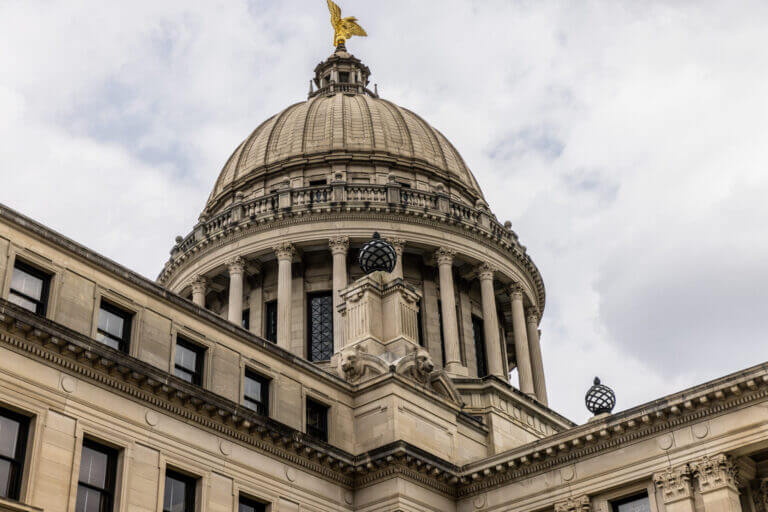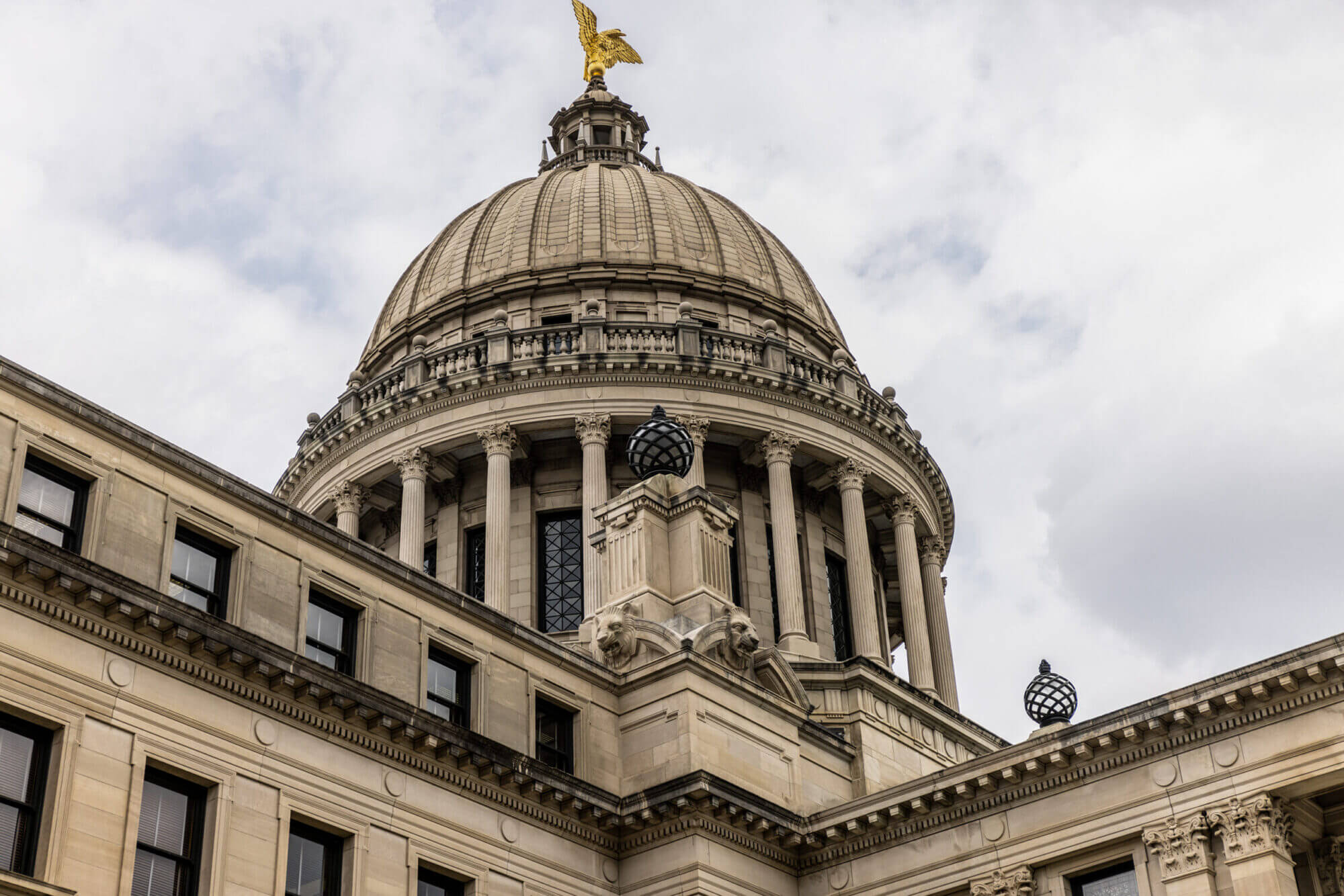

During a recent meeting of the special Mississippi House committee studying school choice, private schools made it clear that they would not participate in any voucher program that required them to follow the same rules as public schools.
An official told legislators the private schools would not submit their students to state assessment tests and would not require their schools to have open enrollment.
When asked about a possible middle ground, Barrett Donahoe, executive director of the Mid-South Association of Independent Schools, replied, “I don’t think we have to compromise anything. I think our schools do a good job.”
The private schools’ refusal to bend on certain issues should not be a surprise to legislators. While House Speaker Jason White, House Ways and Means Chairman Trey Lamar of Senatobia, Gov. Tate Reeves and advocates have touted the need for and advantages of vouchers, the private schools historically have been relatively quiet on the issue, though they do say now they would take the public money as long as they did not have to follow some of the rules adhered to by public schools.
But in recent years, as late as 2024, private schools embraced state tax credits being used to benefit them instead of direct taxpayer payments through vouchers.
They reasoned there would be less oversight with tax credits.
The Mid-South Association of Independent Schools said in a paper titled “The ABCs of School Choice” that tax credits with revenue going to private schools were considered more advantageous to them than vouchers.
“Freedom advocates, instead, look for policies like tuition tax credits and tax credits for donations to scholarship funds, to free up resources so that parents and donors can fund their own choices,” said the paper found on the MAIS website in 2024. “Such policies expand choice for parents without shifting the burden for their children onto others.”
The paper, which no longer is available on the private school association’s website, in part reads, “School choice cannot exist without driving up taxes – or cutting other parts of the budget to avoid deficits. As of 2019, private schools educated 44,000 students in Mississippi. If the Legislature approved a $7,000 voucher for each of those children, it must come up with $308 million more dollars in tax revenue – plus the increased bureaucratic costs (and other costs) associated with administering the program.”
The state currently offers limited tax credits to private schools through a program dubbed the Children’s Promise Act. The program allows a person or business to make a donation to one of the private schools certified by the Department of Revenue and receive a dollar-for-dollar tax credit for up to 50% of the donor’s state tax liability or a credit on local property taxes.
In simple terms, the donors to private schools get to pay less in either state income taxes or local property taxes.
The maximum a private school currently can receive through the program is $405,000 annually. Because of the popularity of the program with the private schools, there have been unsuccessful efforts in recent years, led by White and Lamar, to expand the Children’s Promise Act. It is currently capped at $9 million per year in tax credits.
To qualify to receive the benefits of the tax credits, a school must provide services to at least one student with “a chronic illness or physical, intellectual, developmental or emotional disability” or be eligible for the free lunch program or be a foster child.
The Department of Revenue, which oversees the program, has said it does not know how many students who fit into the Children Promise Act categories are educated by each school. Yes, theoretically, it could be only one.
While Lamar, the primary legislative advocate of the Children’s Promise Act, has sought unsuccessfully to increase the amount of the tax credits, he has not made any effort to increase the oversight of the program.
Some have argued that the tax credits do not put a strain on the state budget because money from state coffers does not go out to the private schools.
The argument seems disingenuous since people who donate to the private schools can have their tax liability cut in half, thus reducing the amount of money going into the state general fund.
Reducing the amount of state revenue available, as the tax credits do, accomplishes the same goal as vouchers – decreasing the amount of money available for public schools, health care, law enforcement and other services the state is expected to provide.
- ‘It’s incredibly disappointing.’ Teacher pay raise bills die from politics in Legislature - March 3, 2026
- He was supposed to get married. But in a Mississippi ICE facility, he was told ‘no.’ - March 3, 2026
- Currie revives prison health care bills set to die in Senate, vows to continue fight - March 3, 2026